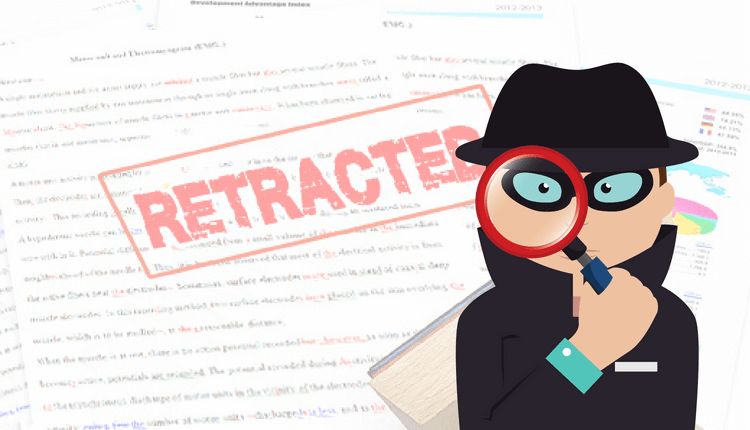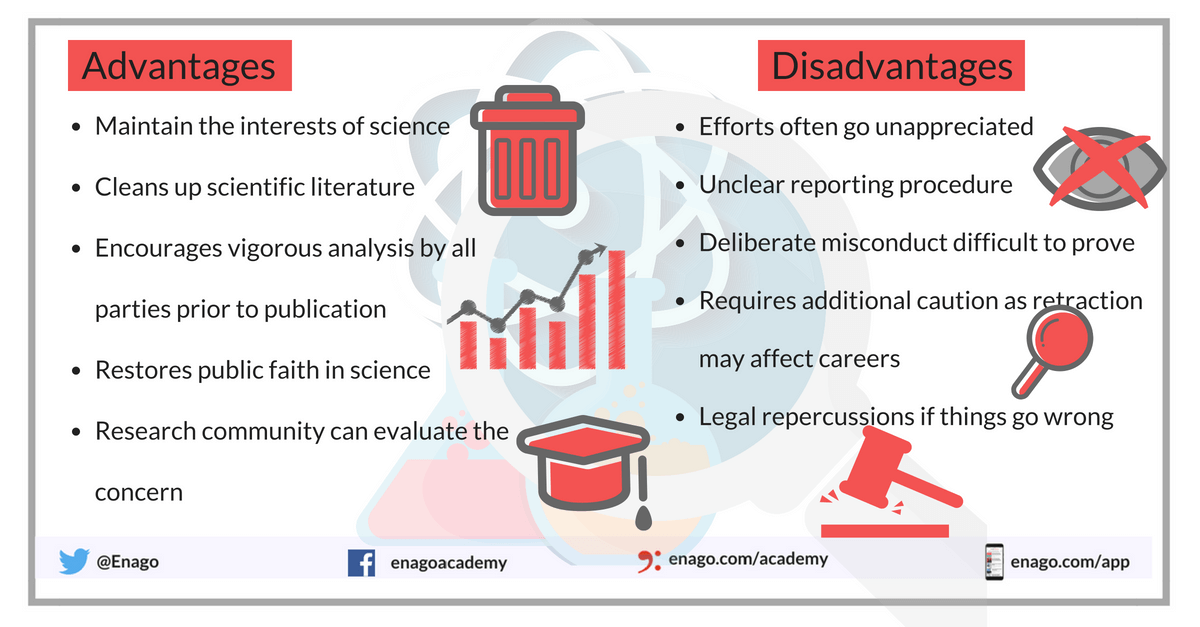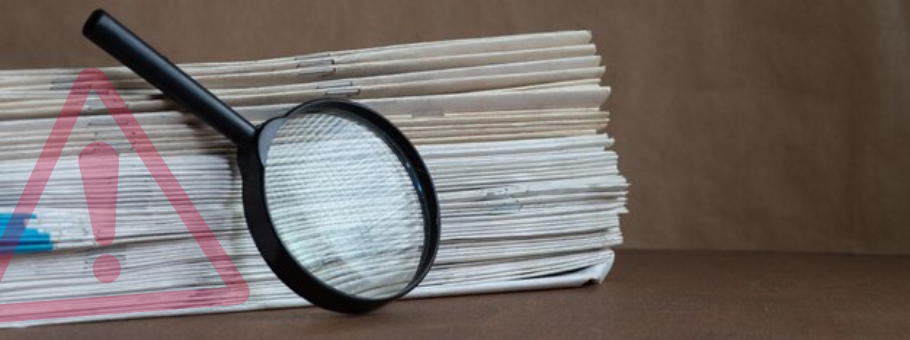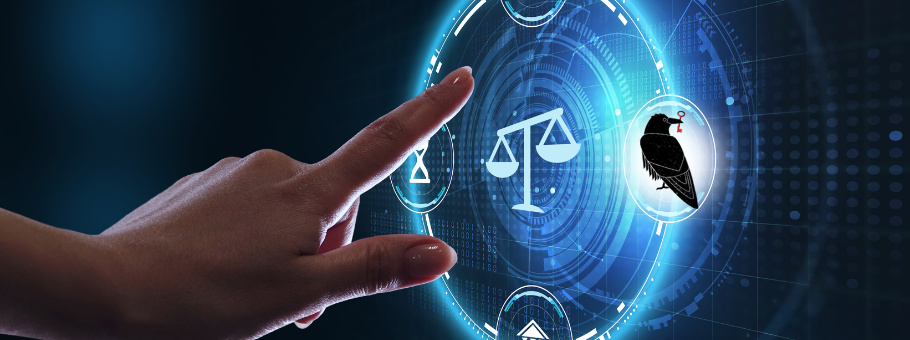Meet the Sherlocks of Academia: Scientific Sleuths

As a researcher, you constantly read the literature in your field to keep up with developments. But, how can you be sure that the authors have been transparent in their research methods and analysis of their data? Can you trust their findings? We do have a few people taking care of the scientific transparency, who themselves are part of the scientific community. Let us find out who they are.
Scientific Transparency Under Question
Misleading research resulting from falsified, biased, manipulated and incorrectly analyzed data (sometimes unintentional) has been a concern for decades. A 2016 survey carried out by Nature confirmed a general perception: the publish-or-perish pressures of academia encourage the publication of flawed and irreproducible research. This perception is harmful to science because misrepresented data:
- slows down research
- wastes resources
- has serious consequences on health and environment policies
- results in a loss of trust from the public.
Despite the perception above, a recent opinion published in PNAS suggests that there is no need to panic. They report that misdemeanors in research comprise a small percentage of research and science is still a functional and trustworthy field. However, if errors creep into publications, it is critical for the error to be rectified in a transparent and professional manner.
Scientific Sleuths: Who are They?
The term “sleuth” means a detective. With the term “scientific” associated with it, it clearly suggests the detectives who exist in the scientific community. They are actually researchers who also investigate and search for any possible scientific misconduct. Amidst the controversy mentioned above, several researchers have started policing publications. In fact, they have already become well known for this unconventional role in their field. Let us find out about some of them.
Elisabeth “Eagle Eyes” Bik has become an expert at spotting image manipulation or duplications, especially in Western Blots. Elisabeth reports that one in every 25 papers contains inappropriately edited or duplicated images.
A potentially disastrous, but honest mistake was discovered by Jennifer Byrne, a cancer researcher. She noticed an error in the sequence of a cancer gene used in a publication. This meant the researchers were not testing the gene in question. She also realized several laboratories still used this same erroneous gene sequence. After alerting the relevant parties, her efforts resulted in the retraction of several papers and no doubt steered cancer research back in the right direction.
David Allison and Andrew Brown have become well known for bringing incorrect data analysis to the attention of journals in the field of nutrition. They found it extremely frustrating and difficult to alert journals to errors in their publications.
Besides the scientific sleuths, another platform for raising any concern related to the scientific community is an online forum. However, Paul Brookes, owner of Science-Fraud.org received legal threats using this approach and was forced to shut it down. Another online forum (PubMed Commons) has been discontinued due to minimal participation. One can however still post comments on PubPeer.com which aims to facilitate discussion amongst researchers.
Advantages and Disadvantages of Being a Scientific Sleuth

How this Practice is Helpful to the Scientific Community
Data sleuths have a track record of bringing faulty findings to the attention of all involved. Hopefully, the presence of data sleuths and aggressive policing of peer-reviewed work will encourage authors to be more careful during their research process: from experimental design to data analysis and interpretation. Moreover, a safe space for scientists to own up to their research mistakes is critical to the scientific transparency process.
How to handle misleading research? Should these articles be retracted or rather publicised in a different way? Please let us know your thoughts in the comments below.









